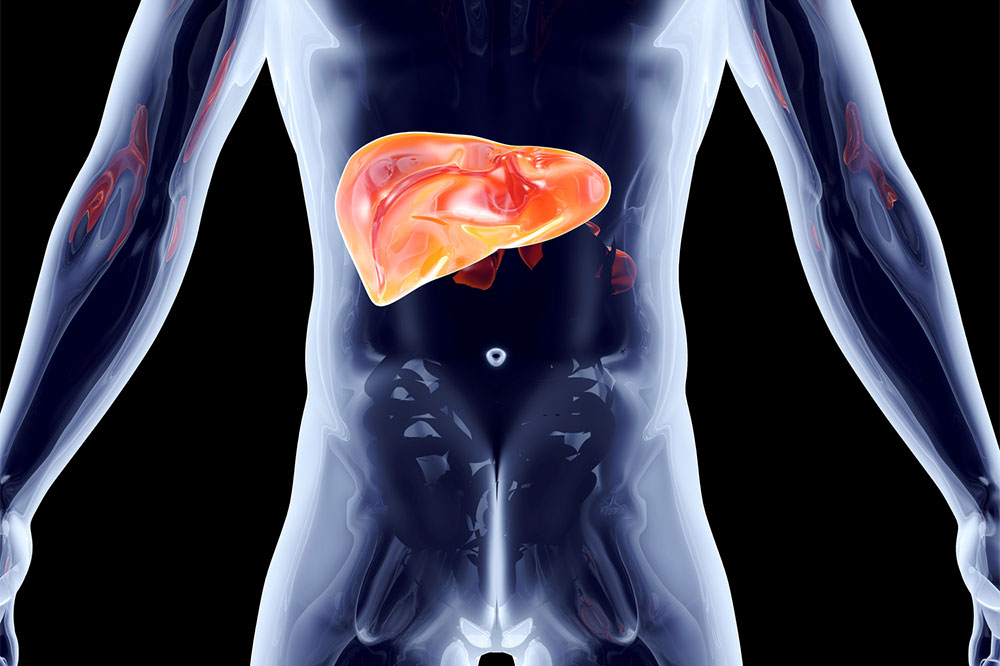6 common early signs of colon cancer

Colon cancer is the second largest cause of cancer-related deaths in the world. According to reports, the chances of developing this health condition are higher in millennials than in older adults. Due to these findings, many experts have reduced the recommended age of regular colon screenings from 50 to 45 years. One must visit a doctor as soon as possible after experiencing the following early warning symptoms of the disease.
Rectal bleeding
Blood in the stools is one of the most common early signs of colon cancer. Doctors may send a stool sample to the laboratory for a fecal occult blood test when this symptom occurs.
Pain in the abdomen
Any abdominal or stomach pain (including discomforts like bloating or cramps) can be an early symptom of this health condition. The pain is due to the formation of cancer cells in the abdominal region.
Changes in bowel habits
Irregularities or changes in bowel habits, such as constipation and diarrhea, are early indicators. Some patients may report changes in stool consistency or narrowing of the stool.
Fatigue
This is a common sign in many health conditions and should not be ignored. Improper absorption of minerals in the body can lead to complications like anemia, which can cause fatigue, tiredness, or weakness.
Tenesmus
Tenesmus can be defined as the feeling of having to pass stool even after one has just had a bowel movement or the feeling that the bowel movement was incomplete. It is a common early symptom, so people experiencing it must visit a health professional at the earliest.
Nausea
Improper digestion or bowel movements can sometimes lead to nausea or vomiting. This sign must not be ignored if it occurs for no apparent reason.
Individuals with a family history of colon cancer are at a higher risk of being affected by the disease. Therefore, they are recommended to go for gene testing and other colon cancer screenings to detect the condition. Genetic tests show if one has a high risk of colon cancer due to inherited cancer syndromes, such as Lynch syndrome (HNPCC) or familial adenomatous polyposis (FAP). Family members who decide not to get gene tested must begin routine screenings for colon cancer at an early age and look for its symptoms.
Upon being diagnosed with cancer, treatment is necessary to curtail the spread and promote recovery in patients. Doctors may recommend options like CYRAMZA and Avastin for colon cancer, which are intravenous infusions. While CYRAMZA is for people with metastatic colorectal cancer (mCRC), Avastin is used to prevent tumor growth. When combatting cancer symptoms, it is crucial to follow the advice and treatments recommended by qualified doctors or healthcare professionals to avoid complications and severe side effects.






